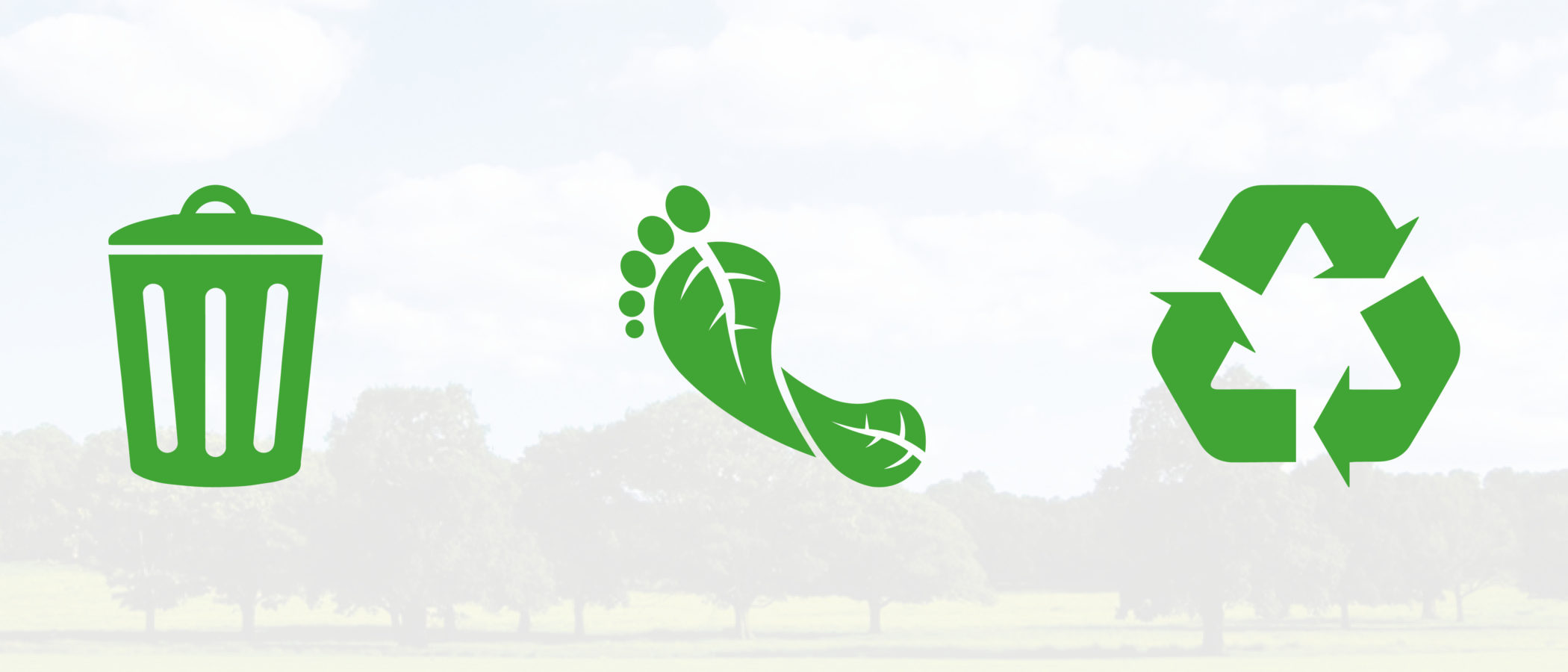
Waste Reduction and Management
A Greener Solution to Waste Management—from composting and recycling to food waste controls, we support a closed-loop waste management process. Our innovative practices include partnering with suppliers who share our purpose, working to reduce source packaging, enabling recovery and reuse of discarded materials, and recycling waste to create raw materials for other purposes.
- Provide reusable to-go containers in our dining hall that have eliminated the use of disposable containers.
- We avoid the overproduction of menu items and favor controlled portions and inventory.
- We constantly strive to reduce source packaging, enabling recovery and reuse of discarded materials.
- We ensure a separated and measured waste stream, including recycling of bottles and cans; the recycling of cooking oil into biofuel; composting; and reporting, tracking, and measurement of waste.
- All paper products purchased will have recycled content and be recyclable.
- Reduction or elimination of non-critical paper goods, such as trays and bags for transporting products, with a goal to replace with reusable options.
- Minimize waste and continue to support the composting of all pre- and post-consumer food waste on campus.
- 50% of restrooms in Leo’s are equipped with automatic sink fixtures, with the intention to eventually install no-touch sinks in the remainder of restrooms. In addition to saving water, automatic faucets provide a more sanitary environment for dining service employees and guests.
A Greener Involvement—there is no better way to promote environmental passion for the community than by getting involved. Whether hands-on, through donation, or practicing the three Rs, we are all about coming together as a community for a healthier future.
- Innovative promotions that support community and societal sustainability goals, such as World Vegetarian Day, Earth Day, and an annual “Weigh the Waste” event as consumer engagement opportunities.
- Zero-waste catering event option and execution of showcase event.
- Educational signage for employees and customers (including catering customers); label all local products in our locations, providing grower profiles whenever possible.
- Partnership with University for Campus Farmer’s Market.
- Creation and distribution of annual Georgetown University Dining Sustainability Report.
- Appoint a sustainability champion who will focus on enhancing our sustainability platforms and engaging students in our programs and initiatives.
- Establish an ongoing supplier review committee who will meet periodically to analyze process, ensure alignment of suppliers with the established purchasing criteria, and address new partnerships with farmers and vendors.
- Help the community through our food donation program—all collected items safely stored and packaged for donation to a local agency who would ultimately distribute the goods to those in need within the within Washington, DC; work with DC Central Kitchen, and continue to support this initiative.
- DC Central Kitchen is America’s leader in reducing hunger with recycled food, training unemployed adults for culinary careers, serving healthy school meals, and rebuilding urban food systems through social enterprise.